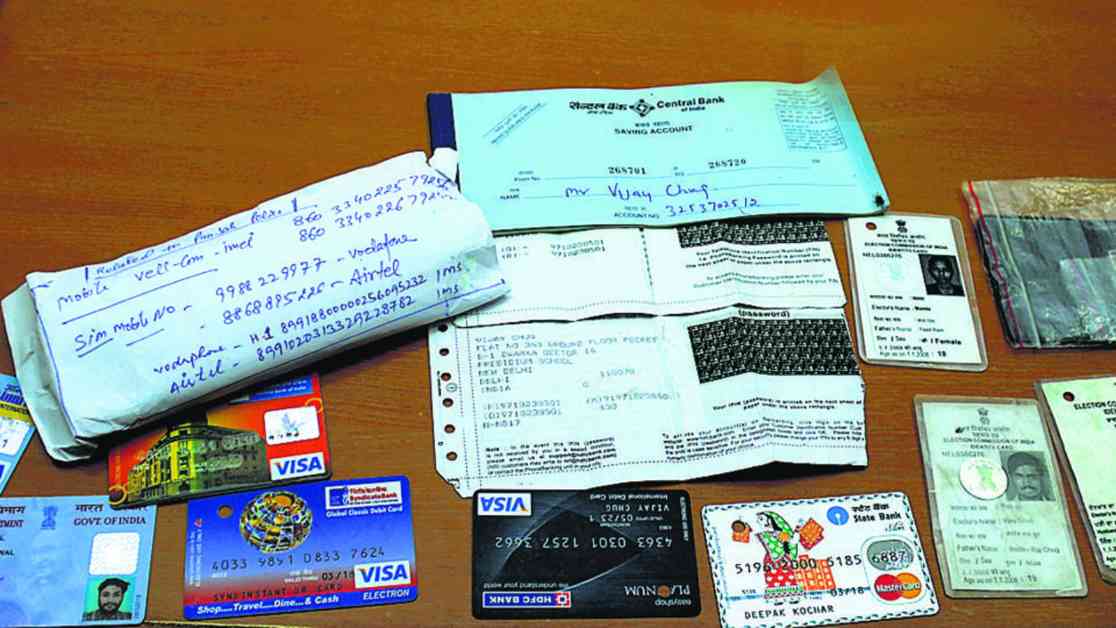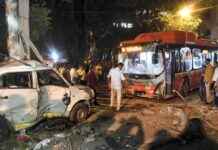The state government has recently implemented updated regulations for the issuance of birth and death certificates in response to concerns regarding the authenticity of documentation. These new measures aim to strengthen the verification process for applications submitted more than a year after the birth or death occurred, particularly in light of reports suggesting an increase in undocumented individuals in certain areas of the state.
Tightened Verification Process
Local authorities responsible for issuing birth and death certificates have been instructed to adhere to stricter guidelines when reviewing applications. One key change is the requirement for supplementary documents to be thoroughly verified, including proof of domicile, school-leaving certificates, PAN cards, and Aadhaar cards. This additional layer of scrutiny is intended to ensure the accuracy and legitimacy of the information provided in the application.
Furthermore, in cases where multiple applications for birth or death certificates are submitted by members of the same family, authorities are urged to conduct a thorough examination of the accompanying documents. Any signs of falsification or suspicion should prompt immediate notification to the local police station for further investigation. This proactive approach aims to prevent the issuance of certificates based on fraudulent information, safeguarding the integrity of the vital records system.
Moreover, the state government has emphasized the importance of verifying birth dates from hospital records, in conjunction with proof of residence, to confirm the accuracy of the information provided in the application. This step is crucial in ensuring that the details recorded on the birth or death certificate align with official records, reducing the risk of inaccuracies or discrepancies.
Enhanced Security Measures
The decision to implement these updated regulations reflects a broader commitment to enhancing security measures and preventing potential misuse of vital records. By requiring a more rigorous verification process, the state government aims to uphold the integrity of the birth and death registration system, safeguarding against fraudulent activities and unauthorized access to official documentation.
In addition to the verification of supplementary documents, the directives issued by the state government underscore the importance of transparency and accountability in the application process. Applicants are encouraged to comply with the prescribed guidelines and provide accurate information to facilitate the timely issuance of birth and death certificates. In cases where records are unavailable, applicants may be required to publish an advertisement in local publications to solicit additional information or verification of the event.
Overall, these updated regulations signal a proactive approach by the state government to address concerns surrounding the authenticity and validity of birth and death certificates. By implementing stricter verification procedures and emphasizing the importance of accurate documentation, authorities aim to strengthen the integrity of the vital records system, ensuring that official certificates are issued based on reliable information and authentic sources.
The state government’s efforts to enhance the security and reliability of birth and death certificates underscore the importance of maintaining accurate and verifiable records. By adopting these updated regulations, authorities seek to uphold the integrity of the vital records system and prevent the misuse of official documentation, ultimately safeguarding the authenticity and validity of birth and death certificates.




















